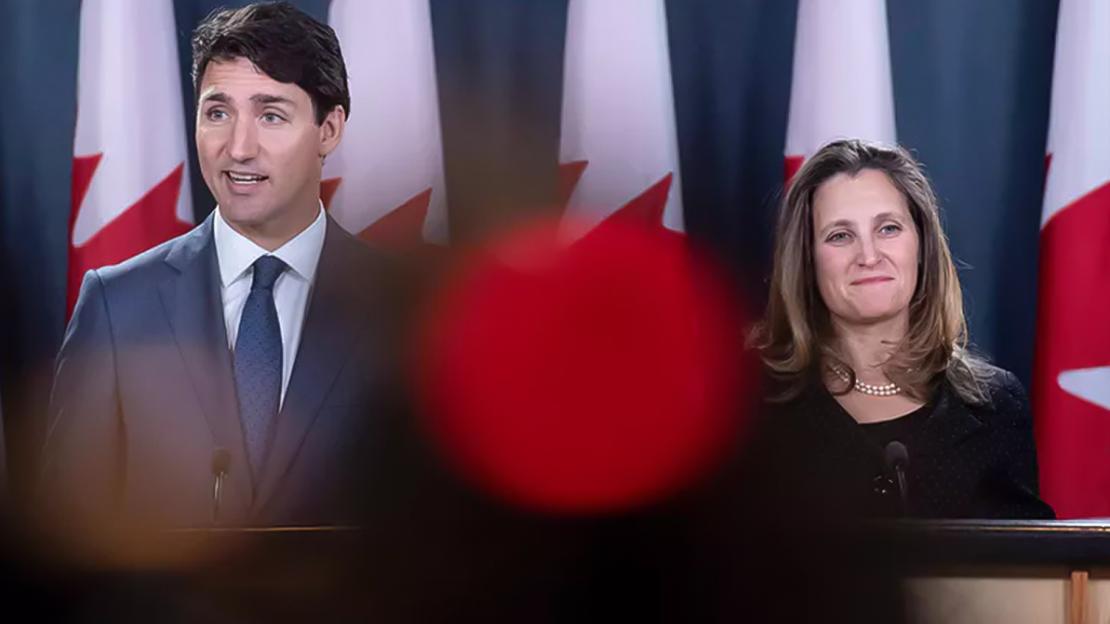In pretty much every indicator one could imagine, the “queer” community (i.e. lesbian, gay, bisexual, transgender, queer, two-spirit) have been hit harder by the pandemic than the general population. According to research published earlier this year, they are more likely to be stressed about their finances, have lost their jobs, and be anxious or depressed. The question now is why.
Jessica Fields, sociology professor and chair of the Department of Health and Society, and her colleague, graduate student James Gibb, were curious about the root causes, so they assembled a team of researchers to survey approximately 500 Torontonians affected, from a diverse range of backgrounds, ages, and ethnicities.
There is a common myth that queer people are more likely to be unemployed and earn less than their heterosexual counterparts, but in Canada, studies have found this isn’t true. In general, gay men tend to work fewer hours and earn less than heterosexual men, lesbians work longer and earn more. An explanation for the pandemic’s universal toll on queer folk isn’t yet clear, but it might be related to how difficult it has been to connect to one’s “chosen family” during the lockdown, explains Gibb, i.e. to those friends, lovers, ex-lovers and intimates, who provide emotional support in the face of homophobia and discrimination. “What we know from the literature is that isolation and loneliness have consequences for people’s physical and mental health,” he says.
Several reports suggest that domestic abuse has risen as a result of the pandemic, and the underlying causes, frequency and impact will be documented by Fields and her team. The situation is complicated by the housing crisis in Toronto − if one’s stressed out partner becomes physical or emotionally abusive, where can one go? (Who wants to move to a shelter or new apartment in the middle of a pandemic?)
Housing is largely seen as a political and economic issue, but Fields and Gibb have assembled a team to explore its intersectionality. Nine researchers, including anthropologists, sociologists, geographers and educators, will examine how queer people’s mental and physical health have been affected by the pandemic.
The team will also study strategies for resilience: in our lifetimes, there will likely be other health crises and pandemics. It is essential to understand and document how best to survive, she says.
“We are interested in understanding how our social conditions determine what is possible for us as individuals and as members of sexual and gender minorities,” Fields says. “The cultural, sociological and economic context influences what happens to the self and body. All of these forces and circumstances are entangled.”
